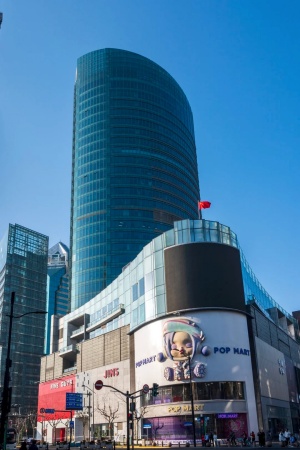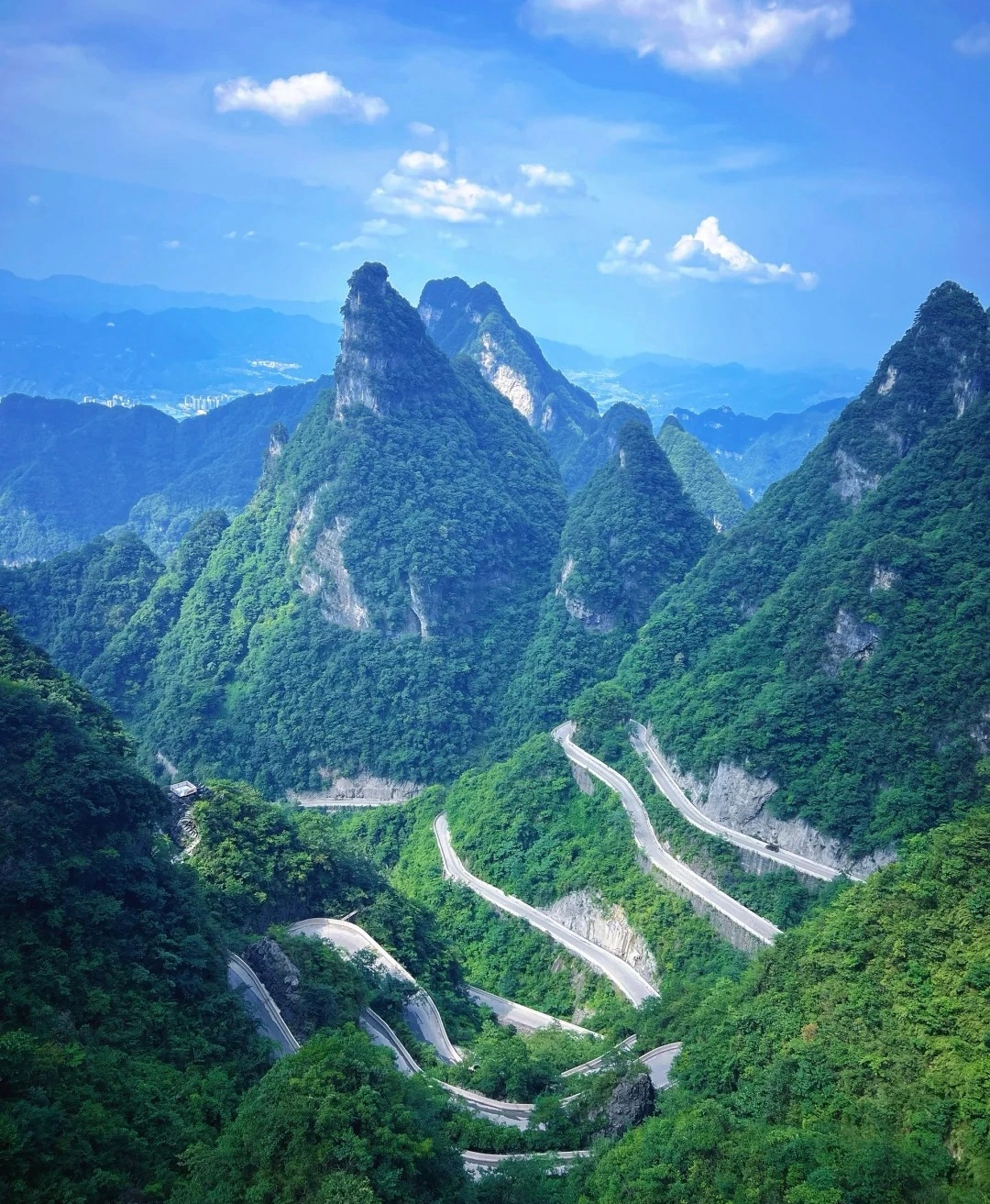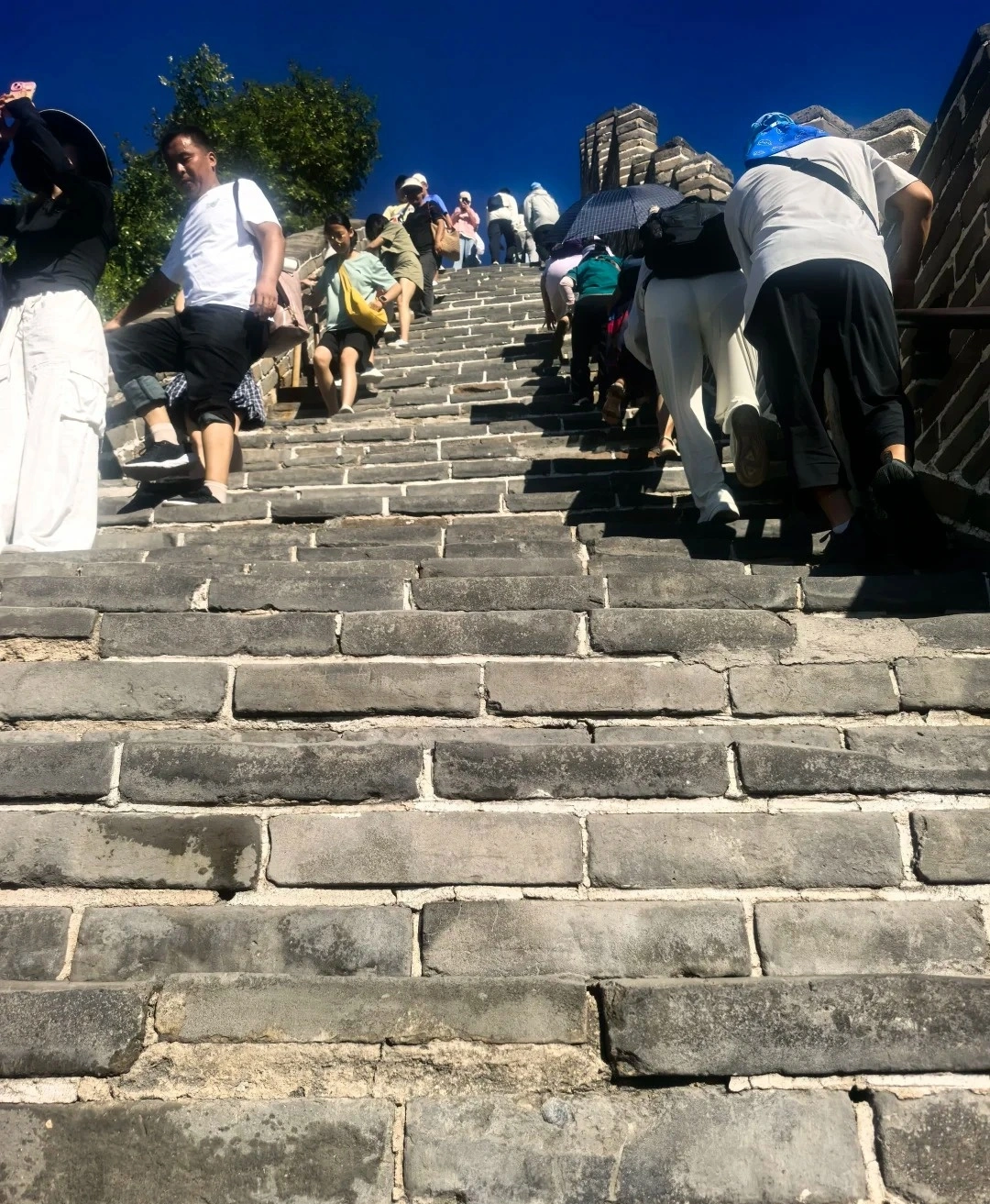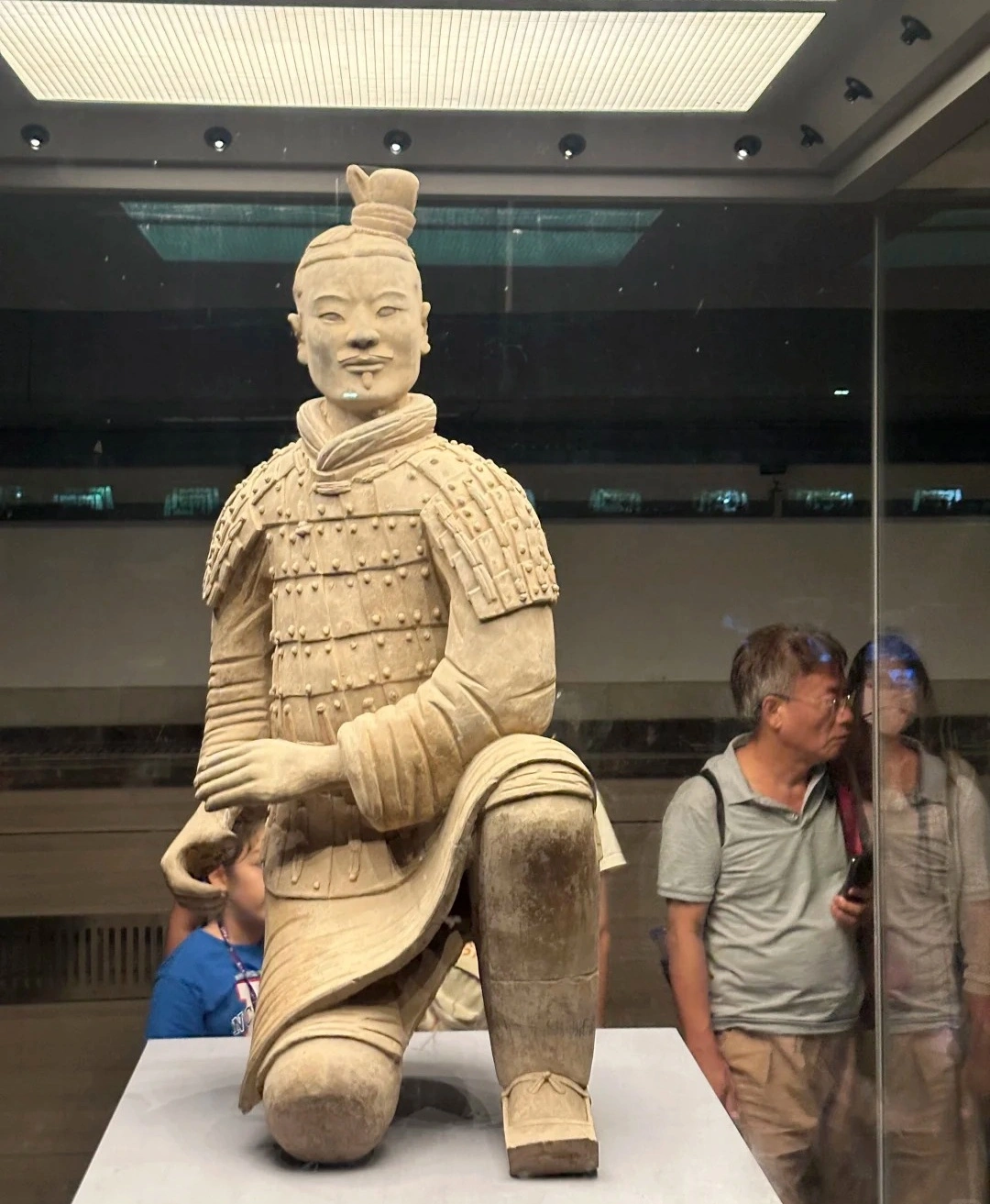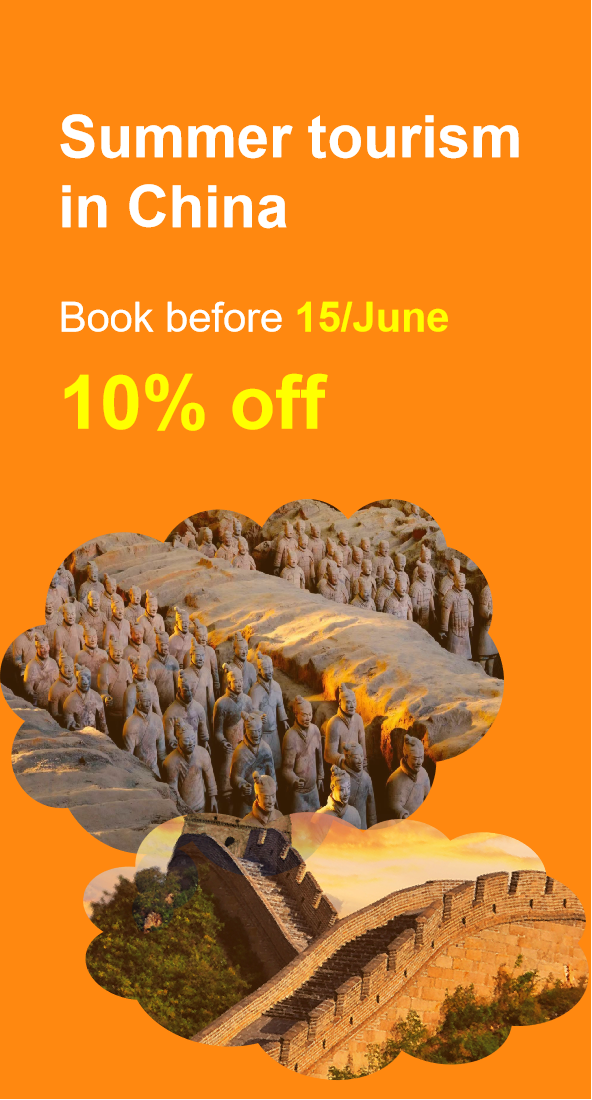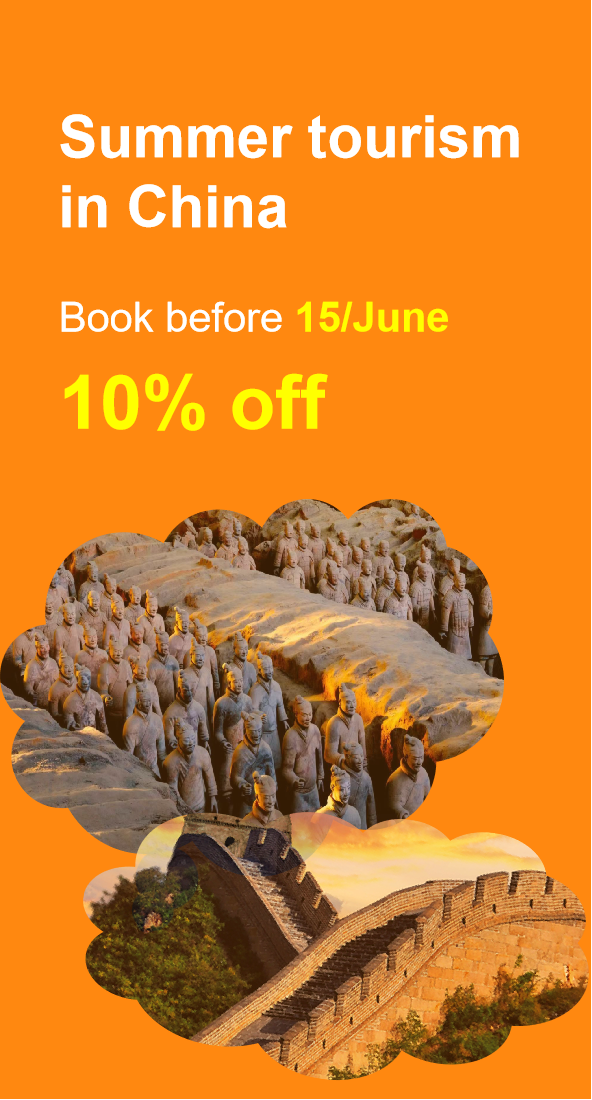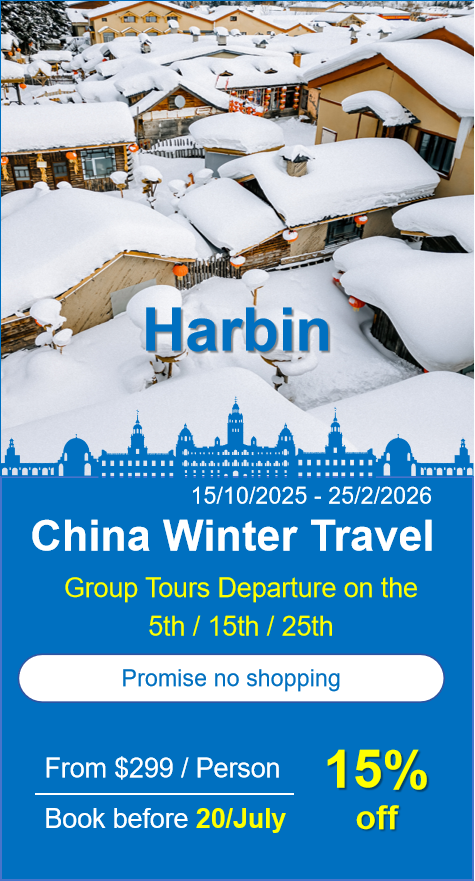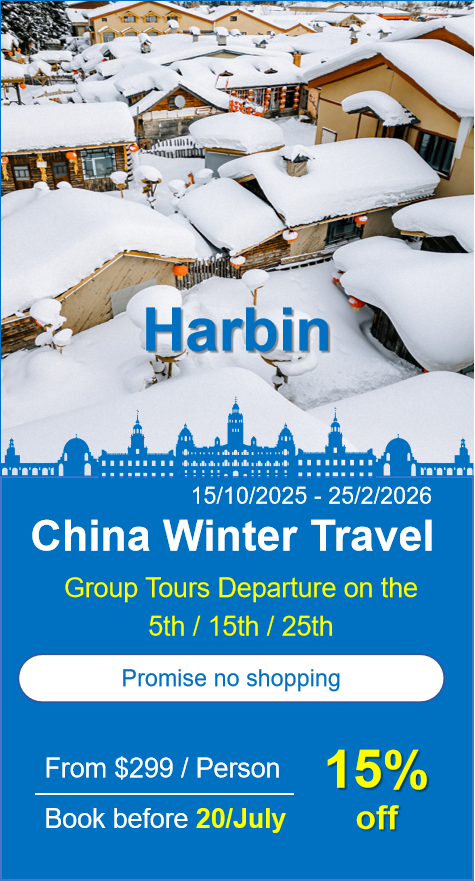
Dragon Boat Festival
Dragon Boat Festival: China's Time-Honored Festival

The Dragon Boat Festival, also known as Duanwu Festival (Duānwǔ Jié), is one of China's most vibrant and culturally rich traditional festivals. Celebrated on the 5th day of the 5th lunar month, it commemorates historical figures and embodies themes of health, patriotism, and communal harmony. For international travelers, it offers a unique window into China's folk traditions, from thrilling dragon boat races to aromatic zongzi (sticky rice dumplings). Below, we delve into every aspect of this dynamic celebration, highlighting regional customs and timeless legends.
 Dates & Public Holidays: A Dynamic Calendar
Dates & Public Holidays: A Dynamic Calendar
▶ Lunar Date & Seasonal Significance
The festival falls on the 5th day of the 5th lunar month, typically between late May and mid-June in the Gregorian calendar. This period marks the transition to summer, historically associated with disease prevention and natural balance.
▶ 2025 Key Dates
- Lunar Date: June 1, 2025 (5th day of 5th lunar month)
- Official Holiday: June 1–3, 2025 (3 days)
▶ Public Holiday Schedule (2025–2029)
|
Year |
Lunar Date |
Holiday Period |
|
2025 |
June 1 |
June 1–3 |
|
2026 |
June 20 |
June 20–22 |
|
2027 |
June 10 |
June 10–12 |
|
2028 |
May 29 |
May 29–31 |
|
2029 |
June 17 |
June 17–19 |
 Core Traditions & Celebrations: From Ancient Rituals to Modern Joy
Core Traditions & Celebrations: From Ancient Rituals to Modern Joy
▶ Dragon Boat Races: The Festival's Pulse
Origins: Rooted in ancient water rituals to ward off evil spirits, dragon boat racing evolved into a tribute to Qu Yuan, a patriotic poet who drowned himself in the Miluo River.
Modern Spectacle: Teams of 20–50 paddlers race elaborately decorated boats, often accompanied by drummers setting the rhythm. The boats, shaped like dragons, symbolize power and good fortune.
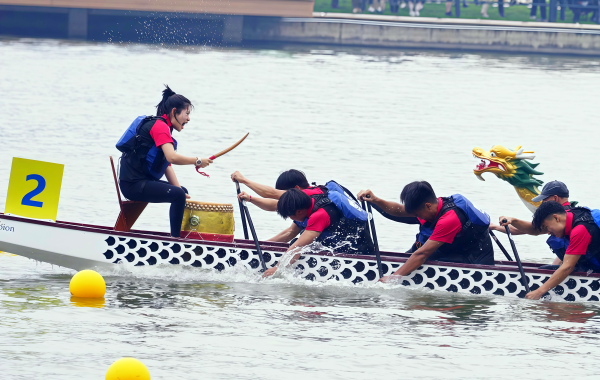
Regional Highlights:
- Guangdong: The Guangzhou International Dragon Boat Race draws global teams to the Pearl River. Local villages host night races with fireworks and lantern-lit boats.
- Hunan: The Miluo River Race in Yueyang reenacts Qu Yuan's story, with participants scattering zongzi into the water.
- Hubei: The Dongting Lake Race features massive 100-foot boats, reflecting the region’s historical ties to Chu culture.
- Hong Kong: The Stanley Dragon Boat Championships blend tradition with modernity, attracting over 200 teams annually.
▶ Zongzi: A Culinary Emblem
History: Originally used to feed Qu Yuan’s spirit and prevent fish from devouring his body, zongzi now symbolize unity and protection.
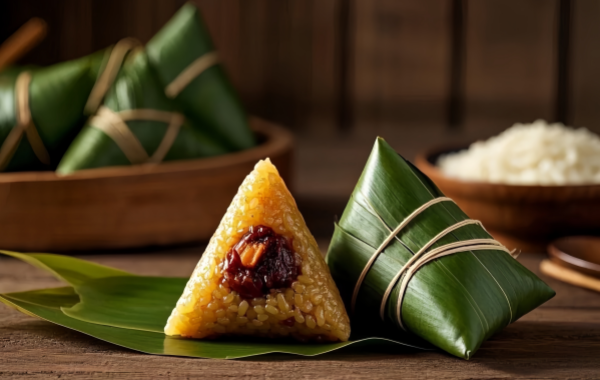
Regional Variations:
- Northern China: Sweet zongzi filled with red bean paste or jujubes, wrapped in bamboo leaves.
- Southern China: Savory zongzi stuffed with pork, salted egg yolk, and mushrooms, tied with reed strings.
- Fujian: “Burning Zongzi” tradition, where zongzi are cooked over open flames for a smoky flavor.
▶ Hanging Calamus & Mugwort: Natural Protection
Symbolism: Calamus (chang pu) and mugwort (ai cao) are hung above doors to repel insects and evil spirits, echoing ancient beliefs in plants’ medicinal and spiritual powers.
Modern Use: Urban families often use artificial versions, but rural areas maintain the tradition with freshly picked herbs.
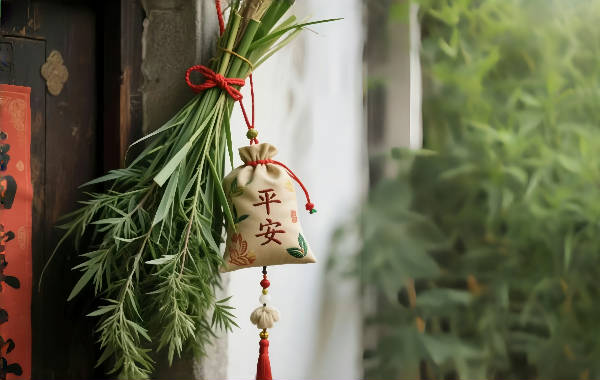
▶ Perfumed Pouches (Xiangbao): Fragrant Charms
History: Originating during the Warring States period, these silk pouches filled with herbs like cloves and cinnamon were believed to ward off disease.
Modern Twist: Children wear colorful pouches shaped like animals or flowers, often handmade by elders as a gesture of love.
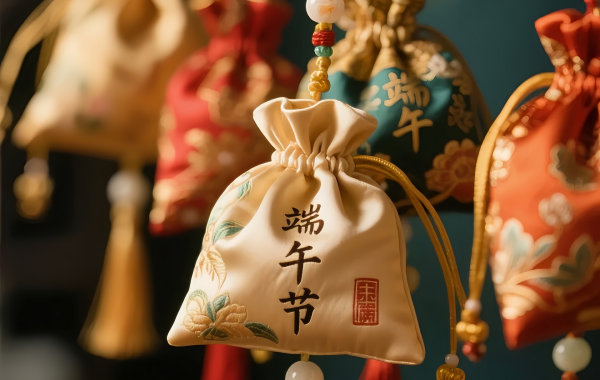
▶ Realgar Wine: A Toast to Health
Legend: During the Festival of Poison, realgar wine (xionghuang jiu) was sprinkled around homes to purify the air and protect against snakes and scorpions.
Modern Caution: Due to its arsenic content, realgar wine is now rarely consumed but remains a symbolic part of rituals, such as drawing a “cross” on children’s foreheads for protection.
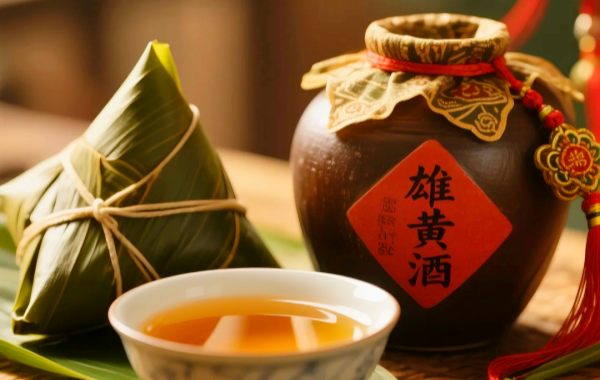
 The Legends of the Dragon Boat Festival: Three Pillars of Tradition
The Legends of the Dragon Boat Festival: Three Pillars of Tradition
▶ Qu Yuan: The Poet of Patriotism
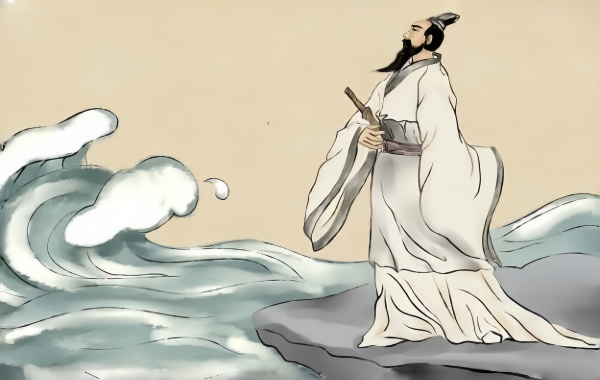
Content: Qu Yuan, a minister of the Chu state, drowned himself in the Miluo River after his kingdom fell to corruption. Locals raced boats to save him and threw zongzi to feed his spirit, sparking the festival’s core traditions.
Significance: His legacy embodies loyalty, sacrifice, and the power of literature to inspire change.
▶ Wu Zixu: The Vengeful General
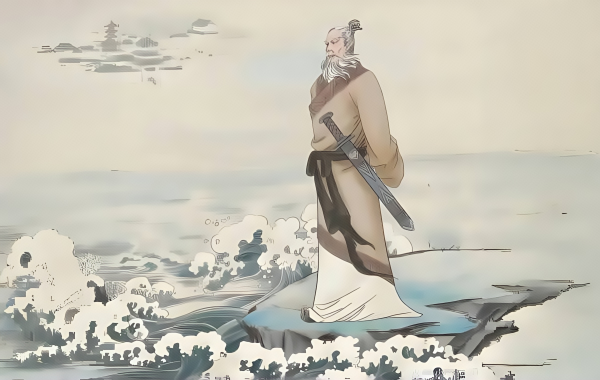
Content: In Jiangsu and Zhejiang, the festival honors Wu Zixu, a general who avenged his father’s death by overthrowing the tyrannical King of Wu. After being betrayed, his body was thrown into the river, later revered as a protector against injustice.
Significance: Reflects regional variations in festival origins, emphasizing justice and resilience.
▶ Cao E: The Filial Daughter
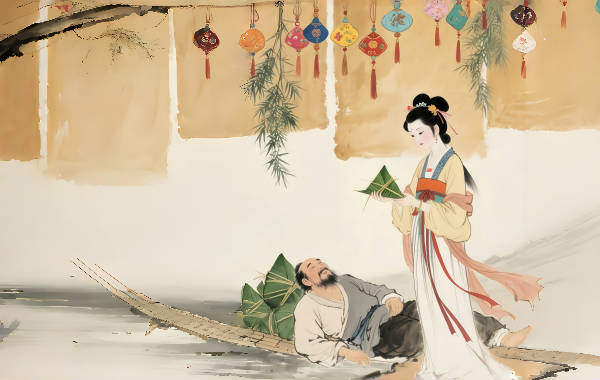
Content: In Zhejiang’s Shangyu District, Cao E drowned herself while searching for her father’s body in a river. Her selflessness led to the river being renamed in her honor and inspired local dragon boat races.
Significance: Highlights the festival’s themes of filial piety and female virtue, complementing Qu Yuan’s narrative.
 Culinary Delights: A Feast for the Senses
Culinary Delights: A Feast for the Senses
▶ Must-Try Dishes for International Travelers
- Zongzi: As above, try both sweet and savory versions.
- Five-Color Rice (Wucai Fan): A Hmong minority dish made with naturally dyed glutinous rice, symbolizing harmony.
- Salted Duck Eggs: Eaten for their rich flavor and supposed ability to ward off summer heat.
▶ Symbolic Foods & Their Meanings
- Garlic Eggs: Hard-boiled eggs marinated in garlic and soy sauce, believed to boost immunity.
- Pancakes Rolled with Fillings (Jianbing): A northern snack symbolizing prosperity and completeness.
 Traveling During the Dragon Boat Festival: Tips & Destinations
Traveling During the Dragon Boat Festival: Tips & Destinations
▶ Essential Travel Advice
- Book Early: Hotels near race venues fill up quickly; reserve 2–3 months in advance.
- Weather Prep: Southern China is humid; bring lightweight, breathable clothing. Northern areas may have sudden rain showers.
- Cash & Cards: Small vendors at temple fairs prefer cash, especially in rural areas.
Top 5 Destinations for International Visitors
Yueyang, Hunan:
- Miluo River Race: Watch the world’s oldest dragon boat race, dating back 2,000 years.
- Dongting Lake: Cruise China‘s second-largest freshwater lake, dotted with lotus flowers.
Guangzhou, Guangdong:
- Pearl River Races: Join the international crowd at Asia’s largest dragon boat events.
- Chen Clan Ancestral Hall: Explore Cantonese folk art and architecture.
- Grand Canal Races: Watch teams glide along the UNESCO-listed waterway.
- Humble Administrator’s Garden: Stroll through classical Ming Dynasty landscapes.
Taipei, Taiwan:
- Danshui River Race: Experience Taiwan’s vibrant take on the tradition, with live music and street food.
- Longshan Temple: Join locals in praying for health and safety.
Zhujiajiao, Shanghai Suburb:
- Water Town Races: Small-scale but picturesque races on canals lined with stone bridges.
- Zongzi Workshops: Learn to wrap zongzi from local grandmothers.
▶ Hidden Gems Off the Beaten Path
 History & Cultural Evolution
History & Cultural Evolution
▶ Ancient Origins
- Shang Dynasty (1600–1046 BCE): Early summer rituals honored water deities and ancestors, using herbs and alcohol for purification.
- Zhou Dynasty (1046–256 BCE): The term “Duanwu” emerged, linking the date to solar and lunar calendars.
- Han Dynasty (206 BCE–220 CE): Dragon boat races and zongzi became widespread, solidifying the festival’s agricultural and spiritual roots.
▶ Modern Adaptations
- Digital Trends: Live-streamed races and virtual zongzi-making tutorials engage younger audiences.
- Environmental Concerns: Eco-friendly boats made from recycled materials and biodegradable zongzi leaves reduce waste.
- Global Influence: Dragon boat festivals are now celebrated in over 60 countries, including Canada, Brazil, and Germany.
 Embrace the Spirit of Vitality
Embrace the Spirit of Vitality
The Dragon Boat Festival is a dynamic blend of history, sport, and community. For travelers, it’s a chance to witness China’s ancient traditions come alive—whether cheering at a Guangdong race, savoring a Zhejiang zongzi, or learning about Qu Yuan’s legacy. Plan your visit to coincide with local races, wear a perfumed pouch for luck, and dive into a festival that celebrates resilience, unity, and the joy of summer. Welcome the Dragon Boat Festival with open arms—and a hungry stomach!
What Our Clients Say?
Based on 10,000+ traveler reviews
